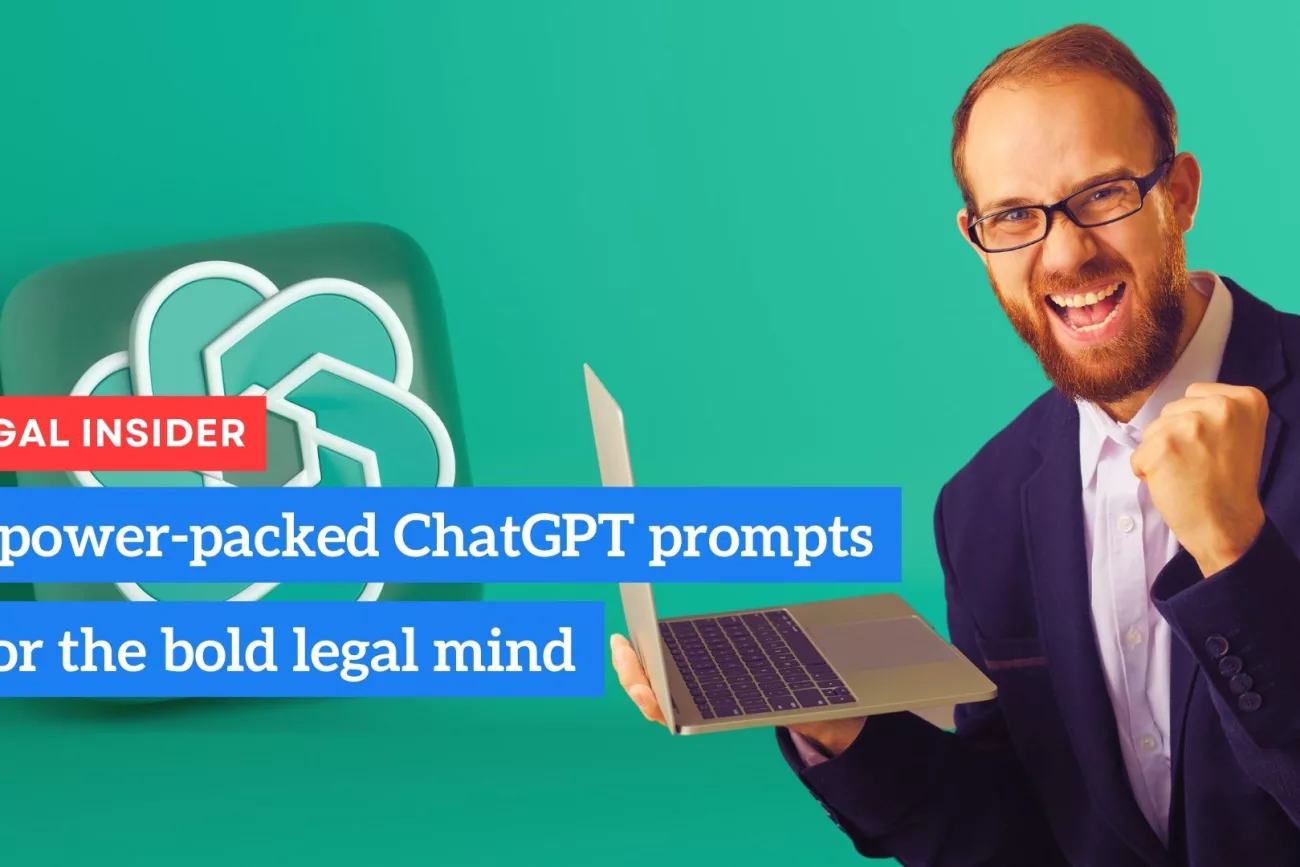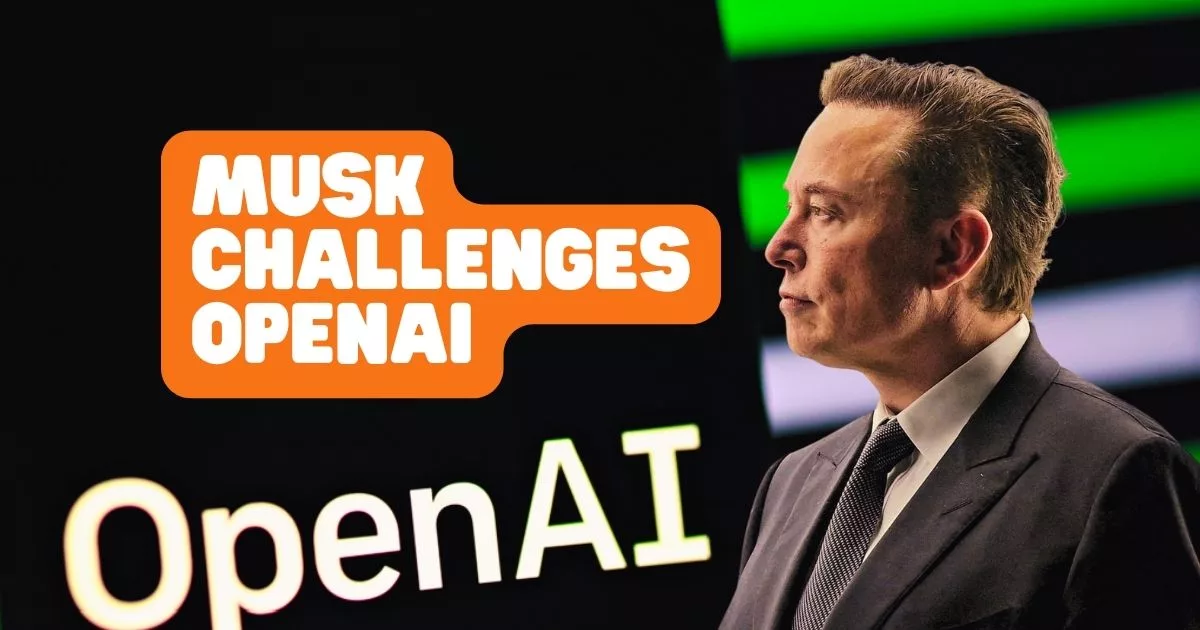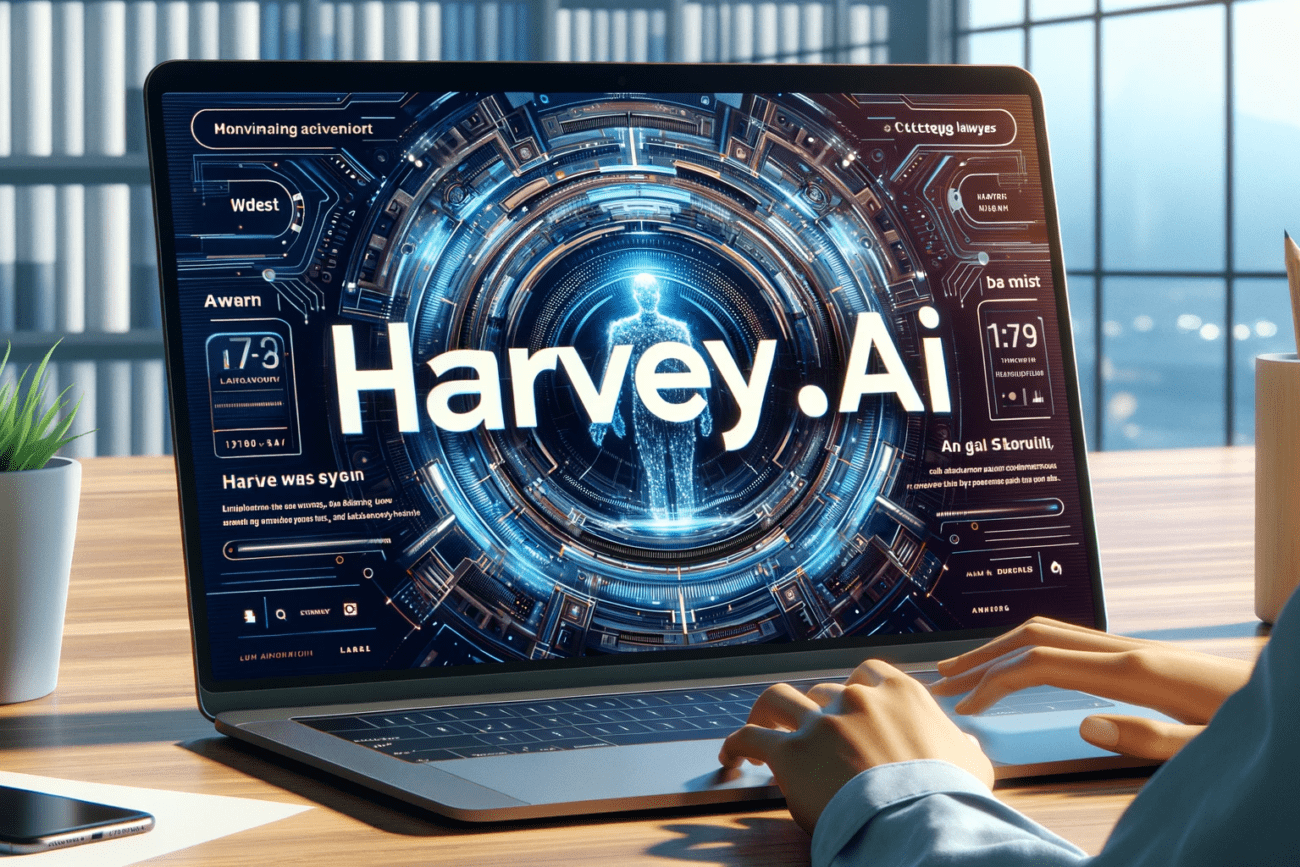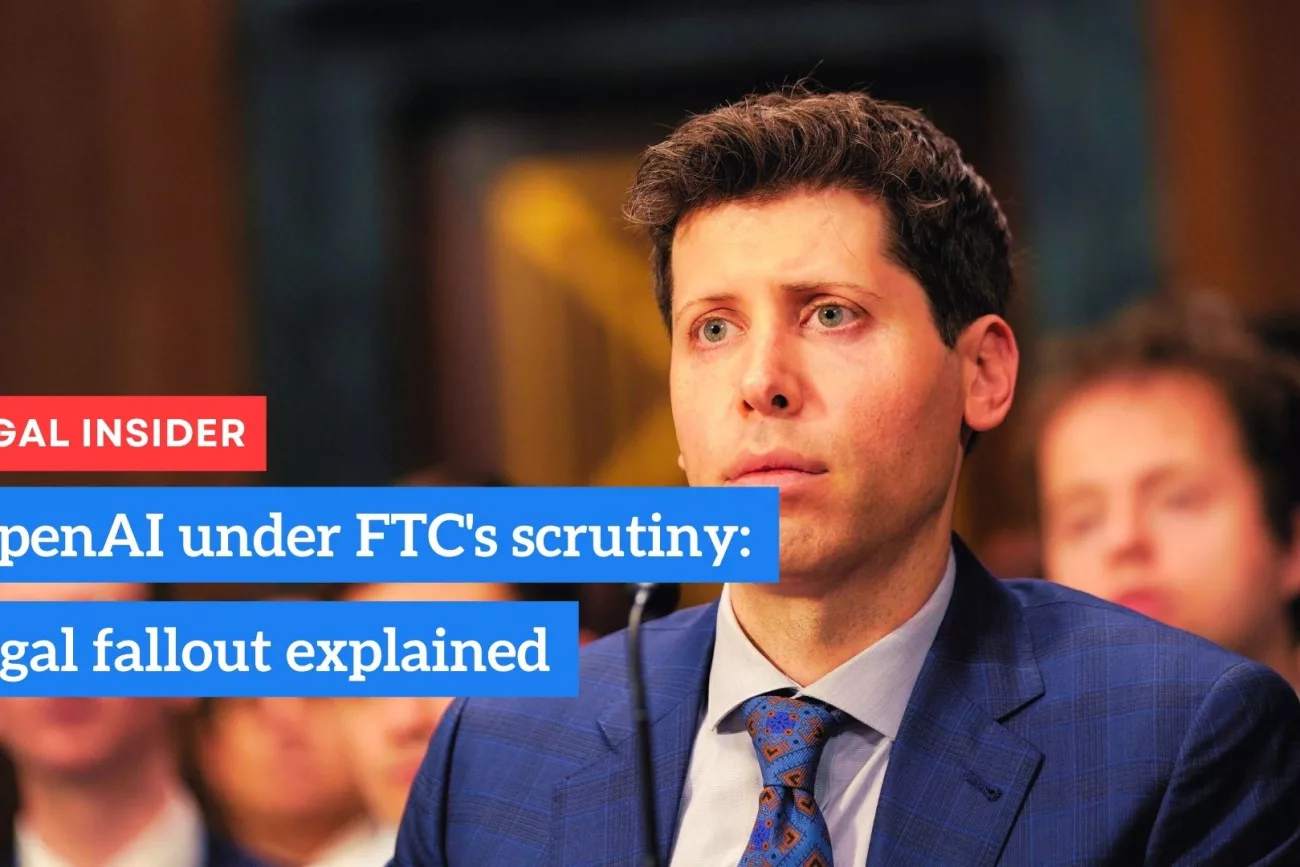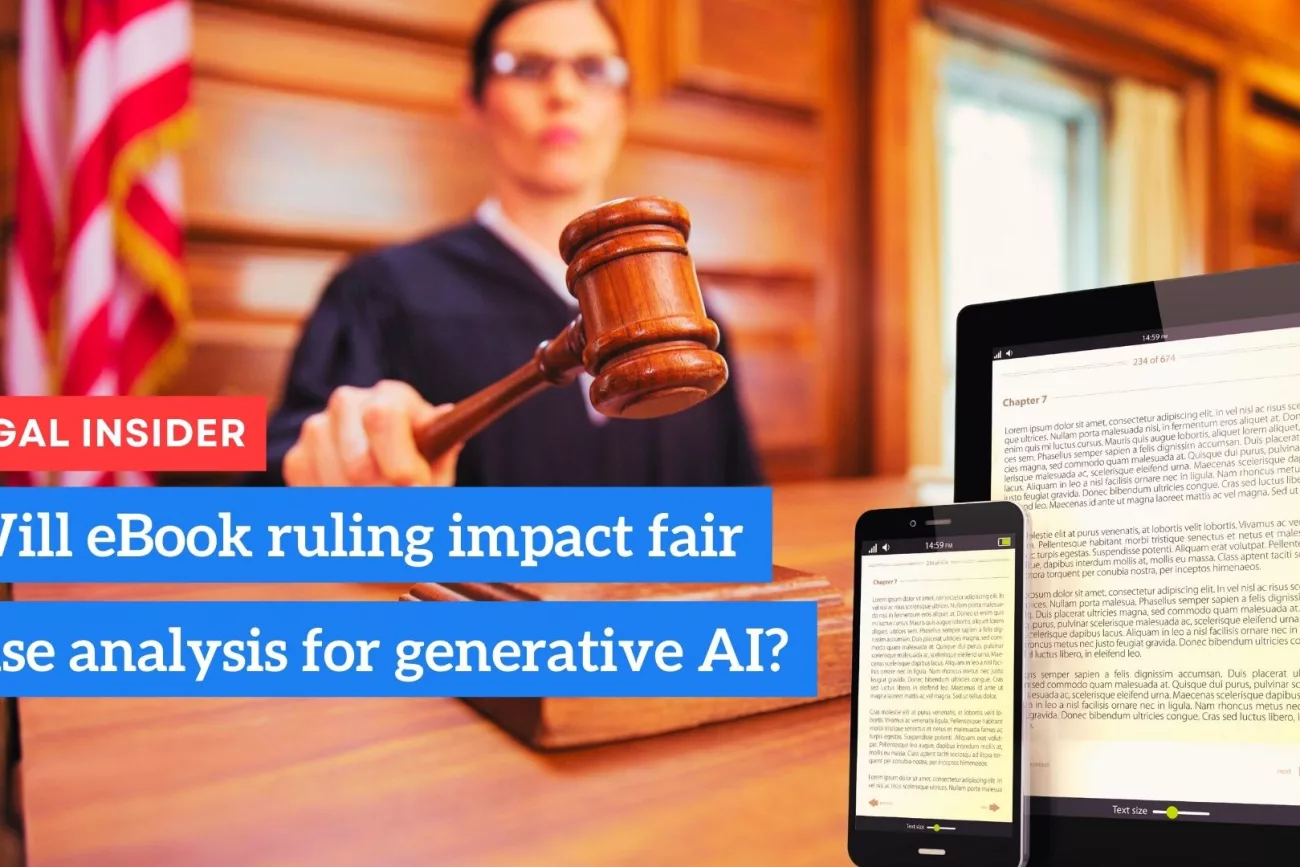
We are living in a world where artificial intelligence (AI) is no longer a sci-fi fantasy. One of the most promising areas of AI is generative AI, which has the potential to create entirely new works of art, music, and even literature.
However, this exciting field is not without its legal challenges. One of the most significant concerns for developers of generative AI models is the use of copyrighted content to train their models.
The recent eBook ruling has further complicated the legal landscape for generative AI developers. In this article, we will explore the implications of the eBook ruling on generative AI models and whether the courts will view them as transformative works.
The eBook Ruling and Fair Use
The recent eBook ruling has caused quite a stir in the world of copyright law. The court found that creating an eBook from a physical book is a transformation, but not the kind of transformative purpose that favors a fair use finding.
The court stated that a transformative use “adds something new, with a further purpose or different character, altering the first with new expression, meaning, or message, rather than merely superseding the original work.”
So, what does this mean for generative AI models? Well, it depends on how the courts view these models. Let’s take a closer look.
Fair Use Analysis for Generative AI
The use of copyrighted images or other content to train generative AI models is a fact-dependent issue. Most GAI tools abstract information about the images to train models and then generate and output new images in response to user prompts.
Abstracting data about the images is arguably at least analogous to creating the searchable database as in Google. However, the output of the GAI is a new image (albeit typically not a copy of the scanned image(s)). In this regard, it is at least partially distinguishable from Google.
While it is potentially something new (a new image), this new image arguably does not add a further purpose or character. And the image may impact the market for images.
It will be interesting to see how the courts decide this issue. With several lawsuits pending, we may get an answer sometime soon. Until then, generative AI developers should proceed with caution.
Implications of the eBook Ruling on Generative AI

The eBook ruling could impact the development of generative AI models. If courts view these models as similar to eBooks, they may be subject to more stringent copyright laws. This could restrict the development of new models and limit their use in certain industries.
On the other hand, if the courts view generative AI models as transformative works, they may be subject to fair use laws. This could open up new possibilities for using copyrighted content to train models and create new works.
To help you understand this complex issue, here are five things you need to know about fair use analysis for generative AI:
- Fair use is a legal doctrine that allows for limited use of copyrighted material without the permission of the copyright holder. Whether a specific use is considered fair use depends on several factors, including the purpose of the use, the nature of the copyrighted work, the amount used, and the effect on the market for the original work.
- The eBook ruling has raised new questions about fair use analysis for generative AI models. While the outcome is uncertain, it is clear that courts will consider the transformative nature of these models when determining fair use.
- The use of copyrighted content to train generative AI models is a fact-dependent issue. Whether the use is considered fair use depends on several factors, including the purpose of the use, the nature of the copyrighted work, the amount used, and the effect on the market for the original work.
- The outcome of pending lawsuits may provide some guidance on how courts view the use of copyrighted content to train generative AI models. However, fair use analysis for generative AI will still be a fact-dependent issue, and each case will be considered on its own merits.
- It is important for developers of generative AI models to understand the legal implications of using copyrighted content for training and seek legal guidance to ensure they are complying with fair use laws. Ignorance of the law is not a defense, and developers who use copyrighted content without permission could face significant legal and financial consequences.



